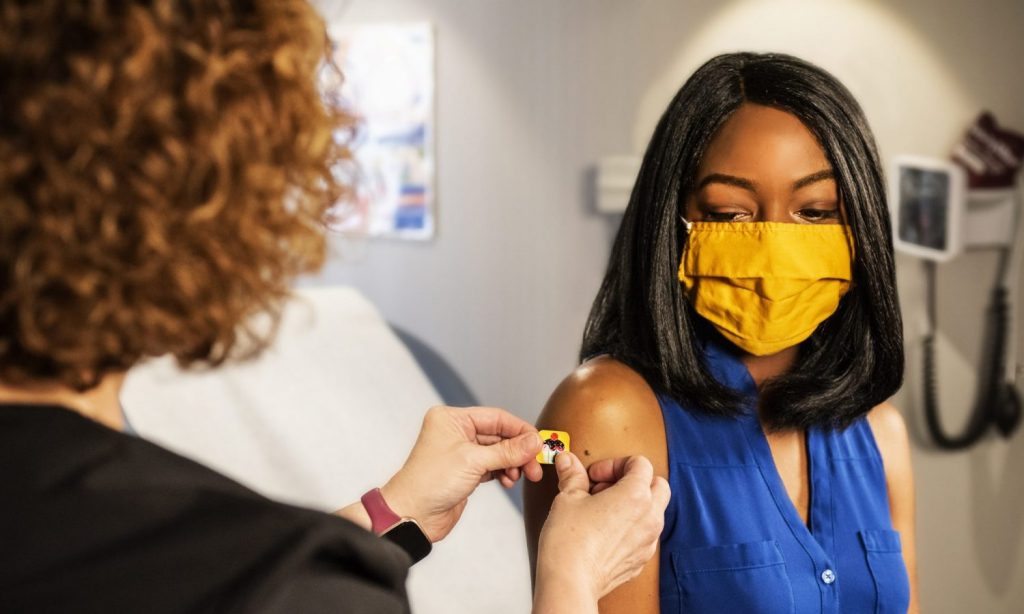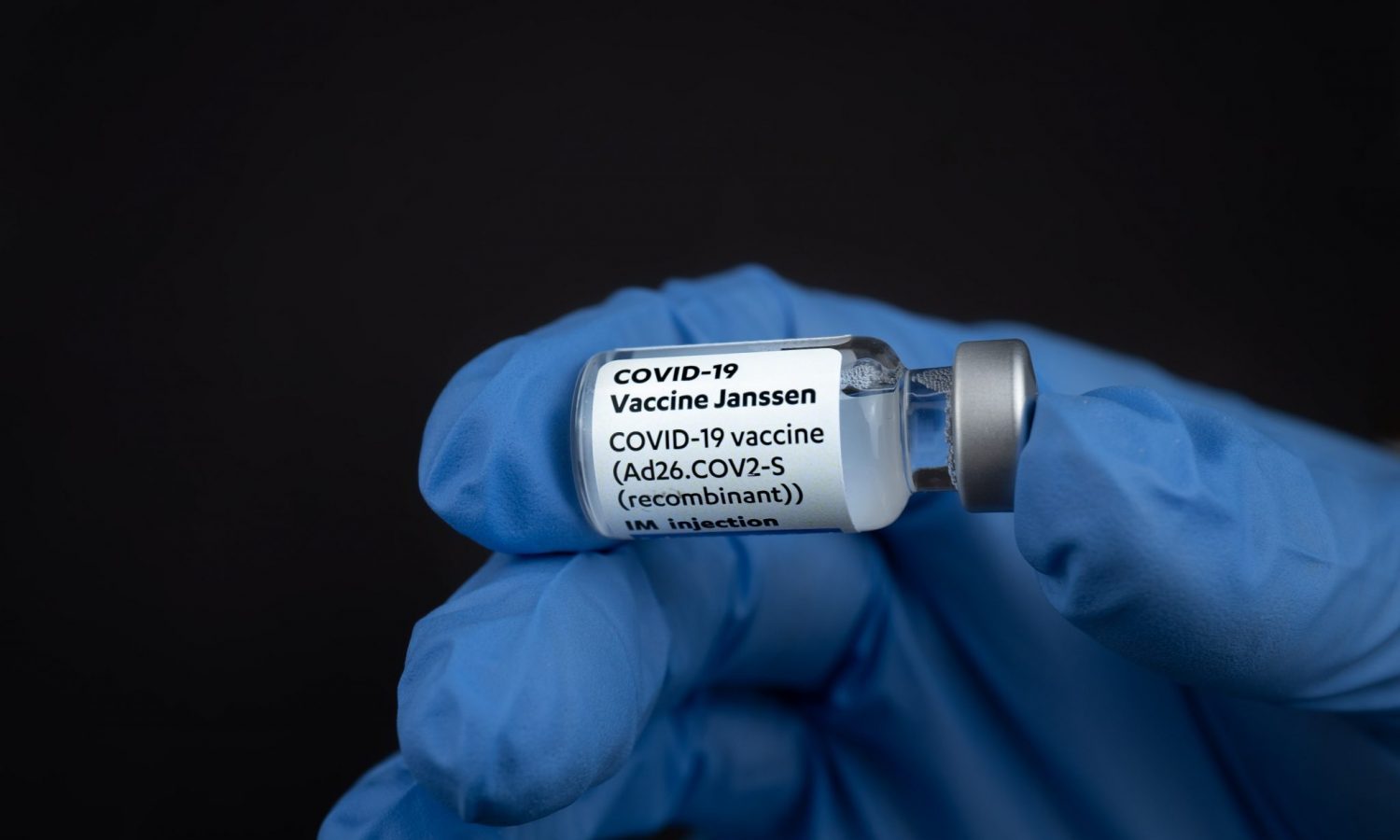COVID-19 boosters are still not in circulation. Here’s what experts say on when to expect one or if we even need them.
Talks of COVID-19 boosters have been circulating ever since vaccines were first introduced at the start of the year. These boosters were compared to flu shots; after a certain period of time, you’d have to get a new shot in order to remain protected from the virus.
According to data from the Centers for Disease Control and Prevention (CDC), people who were vaccinated over six months ago still have protection from the virus, delaying talks of boosters. This is good news.
RELATED: This COVID-19 Vaccine Side Effect Is More Common Than Expected

While this doesn’t mean that boosters won’t be needed in the long run, it means that vaccines are as effective as predicted, providing significant protection for half a year. But when will these boosters be needed? Are they even necessary?
According to data presented by the CDC and the Prevention’s Advisory Committee on Immunization Practices this past Wednesday, boosters would be recommended if one of the following conditions were met: if there’s evidence of vaccines becoming less effective (this would be measured by rising numbers of infections) or if a new COVID-19 variant appears and isn’t affected by the COVID-19 vaccines in circulation. This is known as an “escape variant.”
RELATED: Did Your COVID-19 Vaccine Work? This Will Let You Know
Research on boosters and COVID-19 vaccines is still ongoing. If boosters were to be made, it’s not known if everyone will need them or if only a subset of people would benefit from them, for example, people with weakened immune systems or elders. When it comes to immunocompromised people or those who are copying with an underlying disease, there’s evidence of them having their COVID-19 shots and not producing antibodies for the virus. Still, these tests for measuring antibodies are not that accurate, so more time and research is needed in order to get a clearer picture.
Vaccines haven’t been around that long, so there’s not enough data to know if they provide protection for longer than six months. For the time being, data shows that people who have been infected with COVID-19 have protection that lasts for up to eight months.


